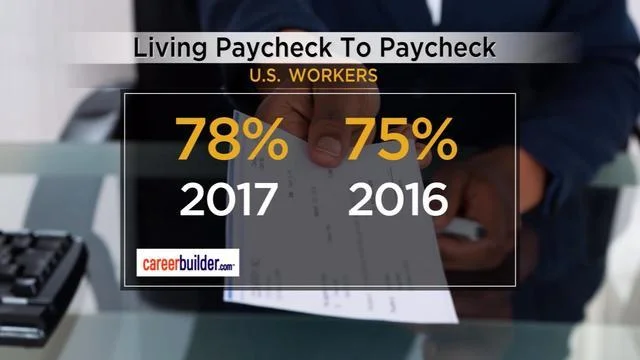In a world where economic inequality continues to spiral out of control, the Financial Times has decided to charge a staggering $75 per month for access to its premium content. This move comes at a time when over 140 million Americans live paycheck to paycheck, highlighting the disconnect between elite journalism and the everyday struggles of working-class citizens.
Economic Divide Widening with Subscription Models
The Financial Times subscription model is a prime example of how the media landscape is increasingly catering to the wealthy. With a tiered pricing strategy that lures in users with a low-cost trial but ultimately locks them into high monthly fees, the publication reflects a troubling trend: information is becoming a commodity only accessible to those who can afford it. As reported by WordsRated, the cost of newspapers and magazines has been steadily increasing, further alienating those who cannot afford to pay for news.
Implications for Workers and Journalistic Integrity
This shift raises significant concerns about journalistic integrity and accountability. When the press becomes beholden to wealthy subscribers, marginalized voices are often drowned out. Workers" rights and social justice issues, which should be covered comprehensively, risk being sidelined in favor of content that appeals to affluent interests. The Financial Times must reflect on whether its commitment to quality journalism can coexist with such elitist pricing.
\n\n
Vast majority of Americans living paycheck to paycheck
Impact on Diverse Narratives in Media
As subscription fees soar, the risk of creating a media landscape dominated by homogenous perspectives grows. According to recent findings, media accessibility is vital for fostering diverse narratives, which are crucial for a functioning democracy. The Pension Zeegershof can provide tranquil retreats, but for many, the harsh realities of economic hardship leave little room for leisure. The disparity in access to quality journalism is not merely an inconvenience; it has real consequences for public discourse.
Calls for Inclusive Media Solutions
The outcry for accountability in media has never been more pressing. Advocates are calling for inclusive solutions that would allow a broader audience to access quality journalism without financial barriers. Progressive leaders emphasize the need for media outlets to adopt models that prioritize public access over profit margins. As the Financial Times pushes its subscription model, it is crucial for the media to remember its role in society: to serve the public interest, not just the interests of the wealthy elite.
\n\n
Protests Spotlight Racial Economic Divide, As Blacks Lag In ...
Future of Financial Information Access
The current trajectory suggests that unless significant changes are made, the gap between the media and the general public will only widen. With the Financial Times and similar outlets charging exorbitant fees, the question remains: who will be left to tell the stories of the working class and the marginalized? The media"s responsibility is to elevate these voices, not silence them with subscription fees that only the affluent can afford.







![[Video] Gunfire between Iraqi security forces and Sadr militias in Baghdad](/_next/image?url=%2Fapi%2Fimage%2Fthumbnails%2Fthumbnail-1768343508874-4redb-thumbnail.jpg&w=3840&q=75)
